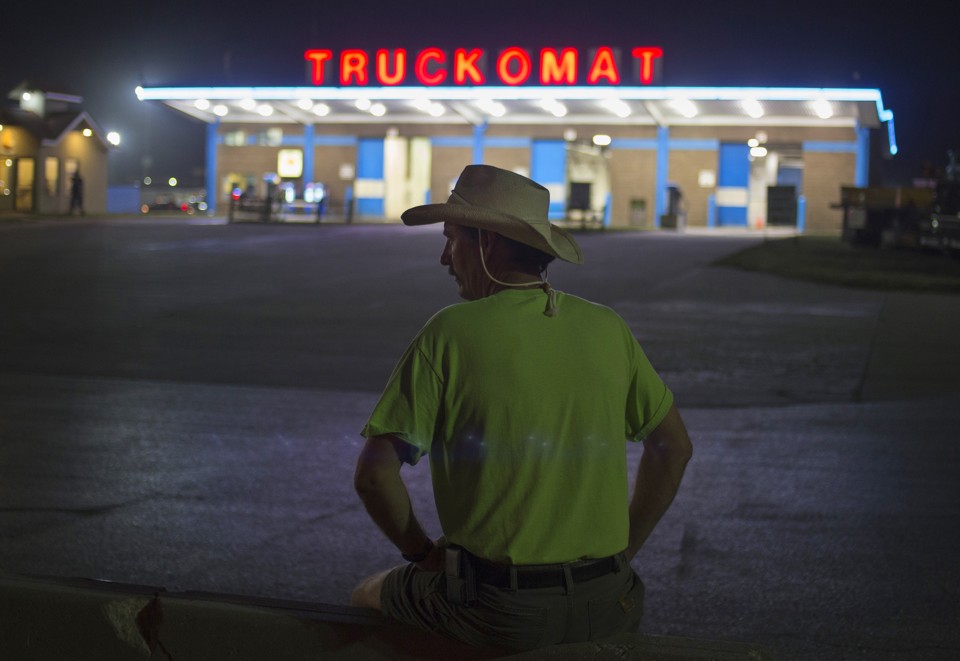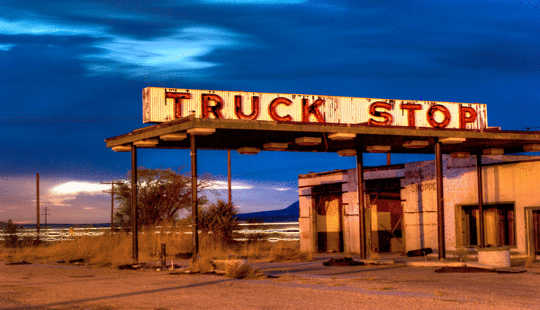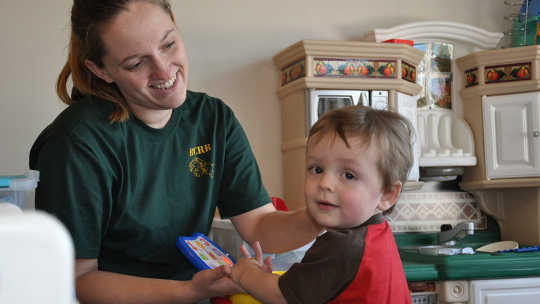 In what might be the most contentious election campaign season yet, the main presidential candidates seem to agree on at least one issue – that the policy around child care for American families needs improvement.
In what might be the most contentious election campaign season yet, the main presidential candidates seem to agree on at least one issue – that the policy around child care for American families needs improvement.
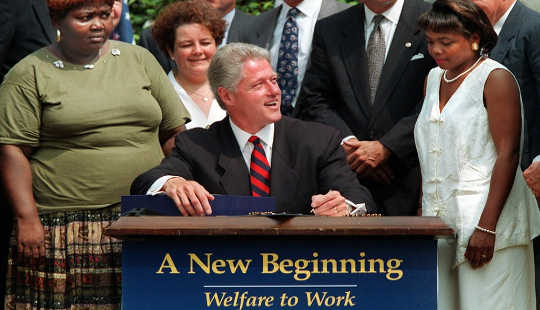 A recent UNICEF report found that the U.S. ranked 34th on the list of 35 developed countries surveyed on the well-being of children.
A recent UNICEF report found that the U.S. ranked 34th on the list of 35 developed countries surveyed on the well-being of children.
 Latin America has traditionally been the world’s most unequal region, but it has recently shown signs of change. Through the 2000s, high international prices for exports have brought inequality levels down.
Latin America has traditionally been the world’s most unequal region, but it has recently shown signs of change. Through the 2000s, high international prices for exports have brought inequality levels down.
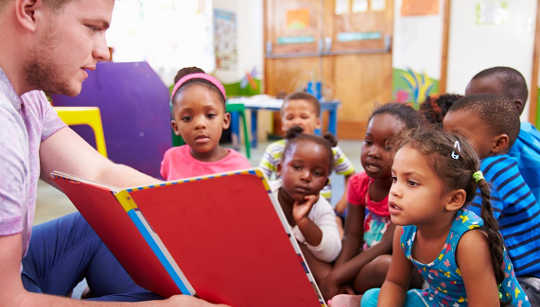 A new study finds a startling scarcity of children’s books for sale in low-income neighborhoods in Detroit, Washington, DC, and Los Angeles.
A new study finds a startling scarcity of children’s books for sale in low-income neighborhoods in Detroit, Washington, DC, and Los Angeles.
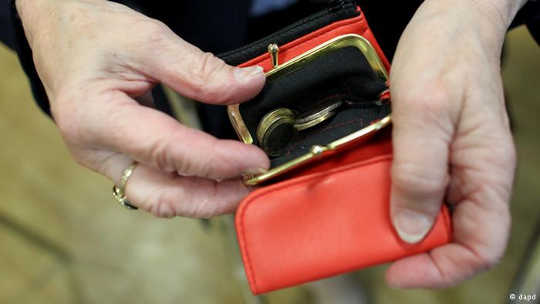 Brexit caps off a turbulent decade for the EU. Many in the eurozone will be hoping that it does not cause further economic turmoil, as it is becoming increasingly clear that the financial crisis of 2008-09 led to a substantial increase in poverty across the continent.
Brexit caps off a turbulent decade for the EU. Many in the eurozone will be hoping that it does not cause further economic turmoil, as it is becoming increasingly clear that the financial crisis of 2008-09 led to a substantial increase in poverty across the continent.
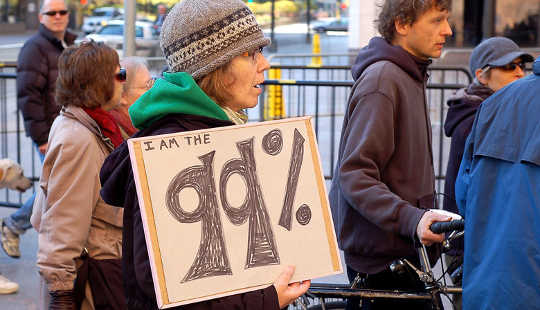 Some 36 percent of all U.S. residents are either financially desperate - meaning they don't earn enough to pay basic bills - or barely getting by, a new international survey says.
Some 36 percent of all U.S. residents are either financially desperate - meaning they don't earn enough to pay basic bills - or barely getting by, a new international survey says.
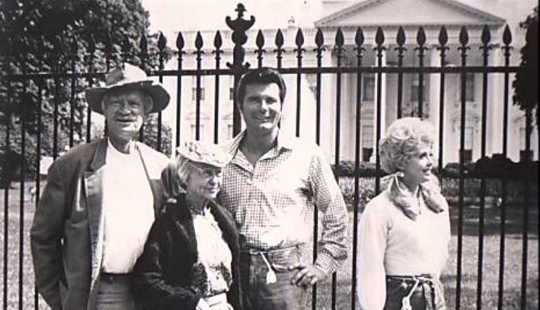 In her new book,White Trash: The 400-Year Untold History of Class in America, Nancy Isenberg rips apart the myth that the United States is a class-free society where hard work is rewarded by social mobility.
In her new book,White Trash: The 400-Year Untold History of Class in America, Nancy Isenberg rips apart the myth that the United States is a class-free society where hard work is rewarded by social mobility.
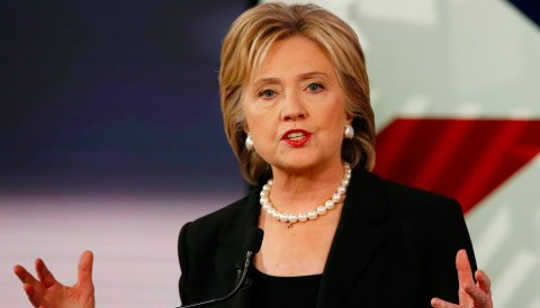 After a campaign lasting more than a year and taking in all 50 states, Hillary Rodham Clinton has delivered a speech that will go down in history.
After a campaign lasting more than a year and taking in all 50 states, Hillary Rodham Clinton has delivered a speech that will go down in history.
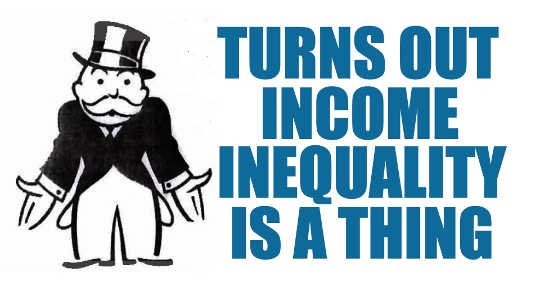 Whether it’s by coincidence or causation, the financial collapse of 2008 and 2009 has resulted in growing angst over income inequality.
Whether it’s by coincidence or causation, the financial collapse of 2008 and 2009 has resulted in growing angst over income inequality.
 The recent shooting deaths of eight police officers in two separate incidents has shocked the nation and left us searching for answers.
The recent shooting deaths of eight police officers in two separate incidents has shocked the nation and left us searching for answers.
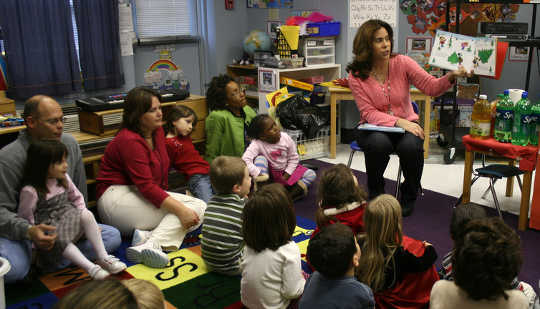 On Wednesday, July 6, the four-year-old daughter of Diamond Reynolds witnessed the killing of Philando Castile by a Minnesota police officer. She and her mother sat in close proximity to Castile when he was shot.
On Wednesday, July 6, the four-year-old daughter of Diamond Reynolds witnessed the killing of Philando Castile by a Minnesota police officer. She and her mother sat in close proximity to Castile when he was shot.
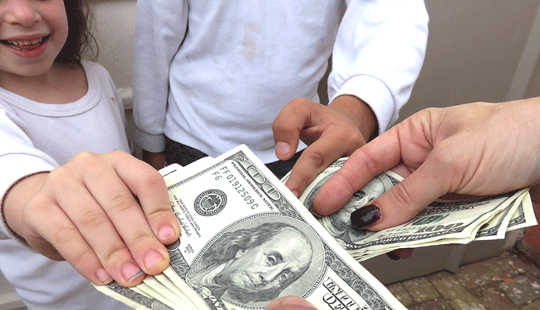 Economist Guy Standing says the policy can reverse inequality. It also has an invigorating effect on volunteerism, home ownership, and community strength.
Economist Guy Standing says the policy can reverse inequality. It also has an invigorating effect on volunteerism, home ownership, and community strength.
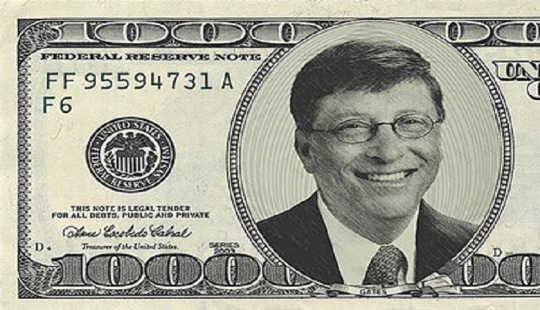 Sorry folks, this isn’t Trump University, I don’t have the plan for you to get rich quick. But it is important for everyone to understand exactly why Bill Gates is very rich. It’s called “copyright protection.”
Sorry folks, this isn’t Trump University, I don’t have the plan for you to get rich quick. But it is important for everyone to understand exactly why Bill Gates is very rich. It’s called “copyright protection.”
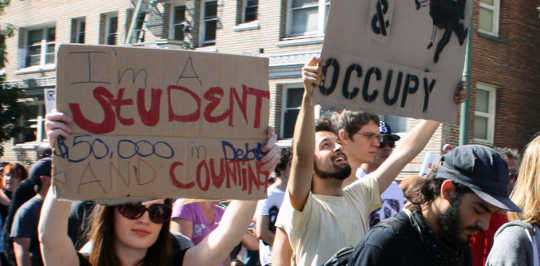 Outstanding student loan debt in the United States reached a record US$1.35 trillion in March, up six percent from a year earlier.
Outstanding student loan debt in the United States reached a record US$1.35 trillion in March, up six percent from a year earlier.
 Across the world, the current generation of youth has been remarkably active in mobilizing against inequality. From the Arab Spring and the global Occupy movement to many political campaigns across the world, young people are often at the forefront of the fight.
Across the world, the current generation of youth has been remarkably active in mobilizing against inequality. From the Arab Spring and the global Occupy movement to many political campaigns across the world, young people are often at the forefront of the fight.
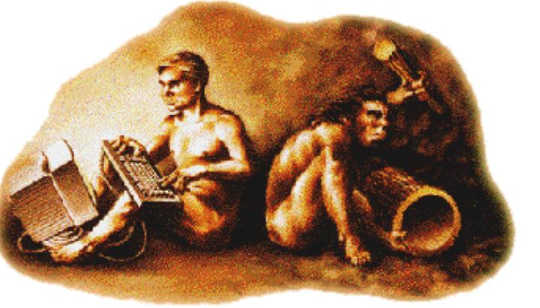 There is a well-documented “digital divide” between rural and urban areas when it comes to broadband access. As of 2015, 74 percent of households in urban areas of the U.S. had residential broadband connections, compared with only 64 percent of rural households. This gap has persisted over time.
There is a well-documented “digital divide” between rural and urban areas when it comes to broadband access. As of 2015, 74 percent of households in urban areas of the U.S. had residential broadband connections, compared with only 64 percent of rural households. This gap has persisted over time.
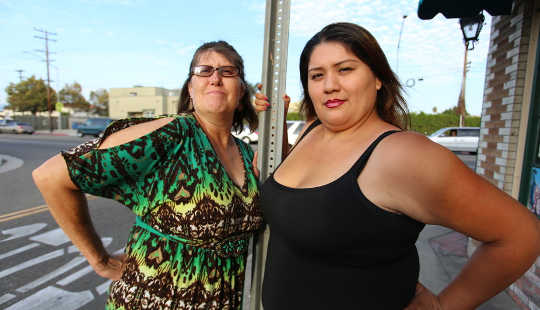 Pico Rivera is a dusty working-class Latino suburb of Los Angeles. After the school district, Wal-Mart is the city’s largest employer and the source of 10 percent of its tax revenue. More than 500 families in the town depend on income from the store.
Pico Rivera is a dusty working-class Latino suburb of Los Angeles. After the school district, Wal-Mart is the city’s largest employer and the source of 10 percent of its tax revenue. More than 500 families in the town depend on income from the store.
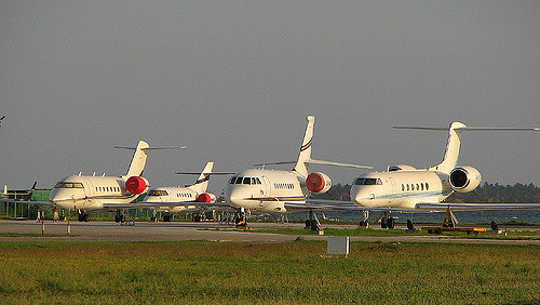 You often hear inequality has widened because globalization and technological change have made most people less competitive, while making the best educated more competitive. There’s some truth to this. The tasks most people used to do can now be done more cheaply by lower-paid workers abroad or by computer-driven machines.
You often hear inequality has widened because globalization and technological change have made most people less competitive, while making the best educated more competitive. There’s some truth to this. The tasks most people used to do can now be done more cheaply by lower-paid workers abroad or by computer-driven machines.
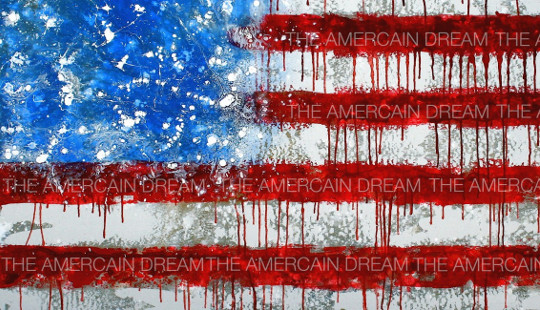 A new study by the Pew Research Center spurred a rash of headlines last week about “the dying middle class.” But the word “dying” might be more appropriate if we were watching the regrettable but inevitable effects of natural forces at work.
A new study by the Pew Research Center spurred a rash of headlines last week about “the dying middle class.” But the word “dying” might be more appropriate if we were watching the regrettable but inevitable effects of natural forces at work.
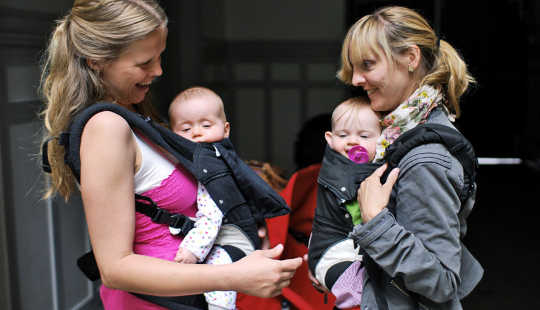 "Children do not kill careers, but the earlier children arrive the more their mother's income suffers. There is a clear incentive for delaying," says coauthor Raul Santaeulalia-Llopis.
"Children do not kill careers, but the earlier children arrive the more their mother's income suffers. There is a clear incentive for delaying," says coauthor Raul Santaeulalia-Llopis.
 Most small farms have to follow the same rules as big corporate ones. In Maine, flexible food ordinances have increased the number of small farmers.
Most small farms have to follow the same rules as big corporate ones. In Maine, flexible food ordinances have increased the number of small farmers.
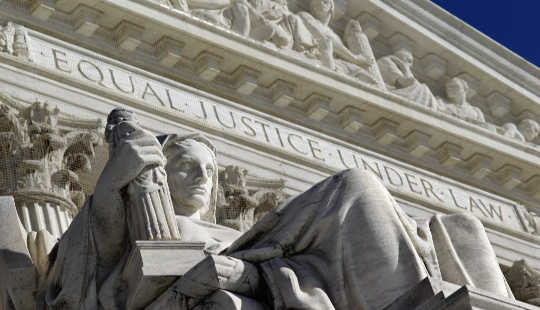 Economic inequality is now firmly on the public agenda as candidates and voters alike look for someone to blame for stagnant wages, entrenched poverty and a widening gap between rich and poor.
Economic inequality is now firmly on the public agenda as candidates and voters alike look for someone to blame for stagnant wages, entrenched poverty and a widening gap between rich and poor.

